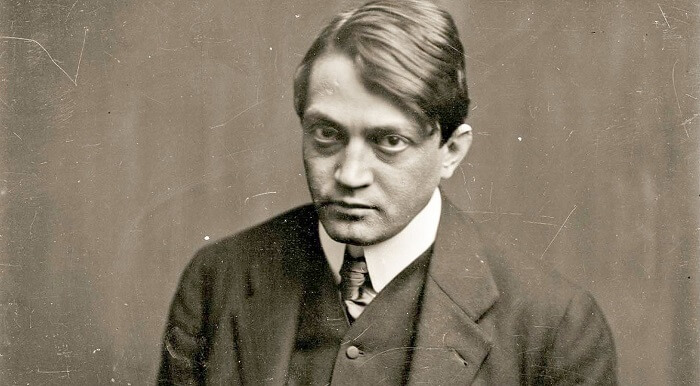The poet who brought innovations to Hungarian poetry: Who is Endre Ady?
Unlike the imitation poems that dominated Hungarian poetry at the beginning of the century, it was groundbreaking with original poems in form and content.

(1877-1919) Hungarian poet. He brought innovations to Hungarian poetry in terms of form and substance. He was born in Erdmindszent. He was the son of an impoverished noble family. He studied law in Debrecen. His settlement in Nagyvarad, one of the important cultural centers of his time, in 1899 was the turning point of his life. He published his first book, Versek (“Poems”) in the same year. He continued his journalism, which he started in 1900, until his death. His travels to France between 1904 and 1907 led to the maturation of his worldview. In 1905, he distinguished himself as one of the intellectuals gathered around Nyugat, one of the leading magazines of Hungarian literature. Uj Versek ("New Poems"), published in 1906, brought long-debated innovations both in substance and form. He opposed World War I with poems filled with antimilitarist and humanitarian essence. In addition to 12 poetry books, he has written stories and numerous articles. He died in Budapest as a result of his strenuous work and the influence of alcohol.
Endre Ady (22 November 1877 – 27 January 1919) was a turn-of-the-century Hungarian poet and journalist. Regarded by many as the greatest Hungarian poet of the 20th century, he was noted for his steadfast belief in social progress and development and for his poetry's exploration of fundamental questions of the modern European experience: love, temporality, faith, individuality, and patriotism.
Unlike the imitation poems of Petöfi and Arany, which dominated Hungarian poetry at the beginning of the century, it was groundbreaking with original poems in form and content. His love for the Hungarian people and the resulting political orientation occupied a great place in his poems. He formed one of the important building blocks of Hungarian poetry with the understanding of "new lines for a new age".
WORKS (mainly):
Versek, 1899;
Uj Versek, 1906;
Az Illes Szekeren, 1908;
A Menekulö Elet, 1912;
Ki Latott Engem, 1914;
E. Ady Poems, (posthumously published), 1941.
